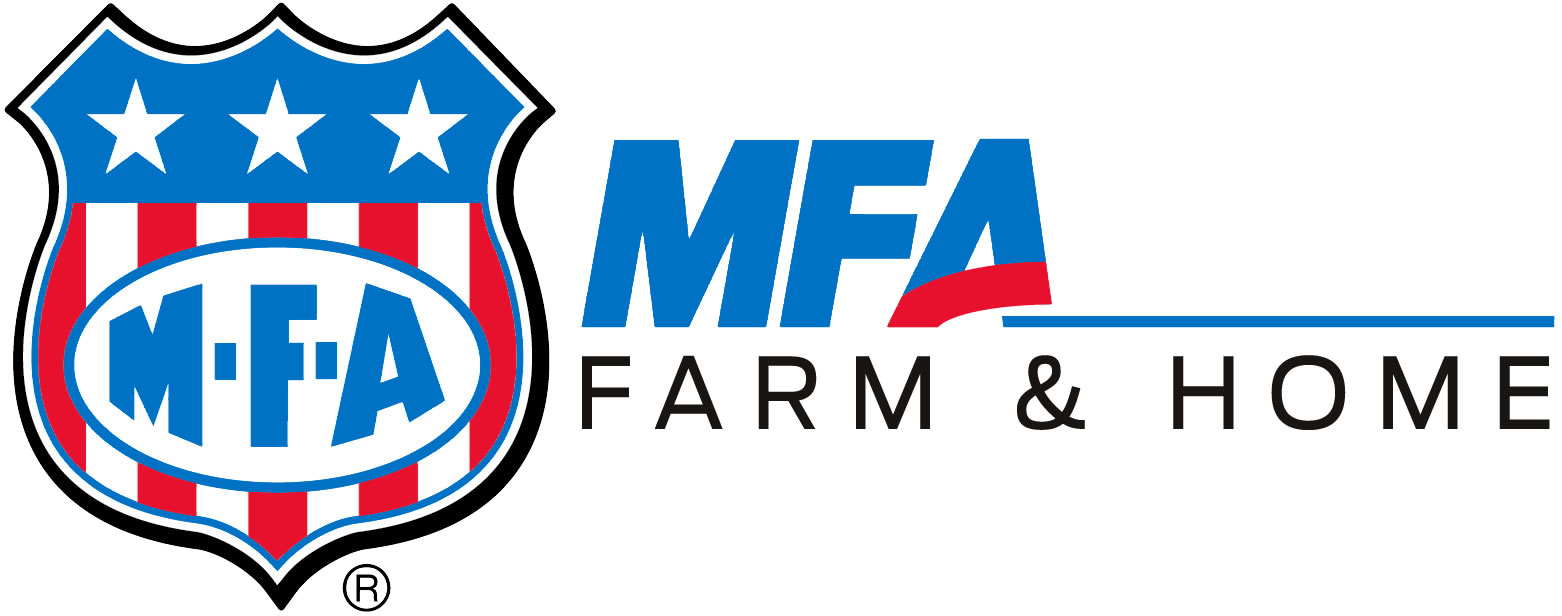|
|
||||
 |
||||
Dallas Co Farmers Exchange – Buffalo, Fair Grove, Urbana |
|
Printable Page
12/11 10:31 CST IOC advises sports bodies to let Russia, Belarus youth teams
and athletes compete again with national flag, anthem
IOC advises sports bodies to let Russia, Belarus youth teams and athletes
compete again with national flag, anthem
LAUSANNE, Switzerland (AP) --- IOC advises sports bodies to let Russia, Belarus
youth teams and athletes compete again with national flag, anthem.





